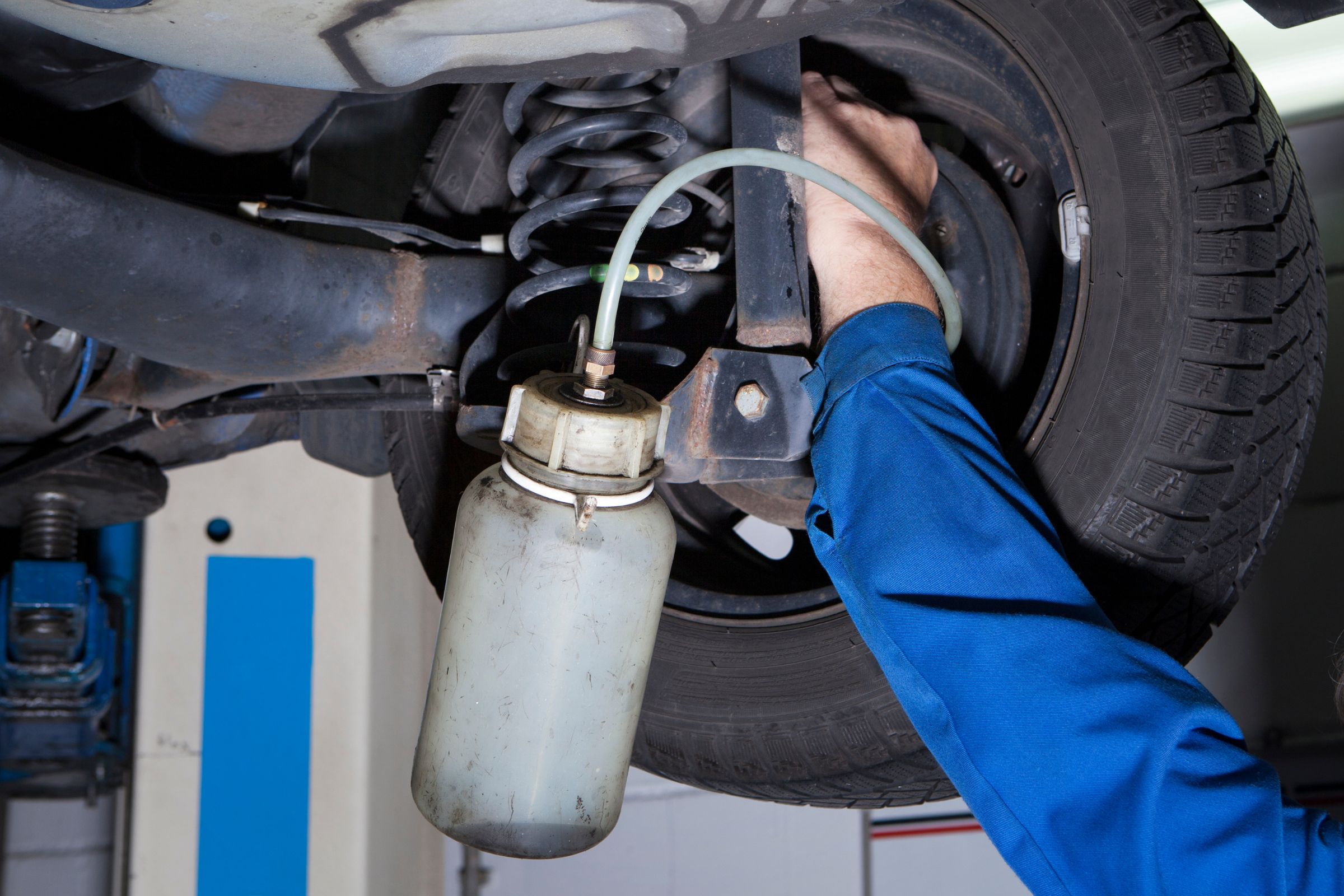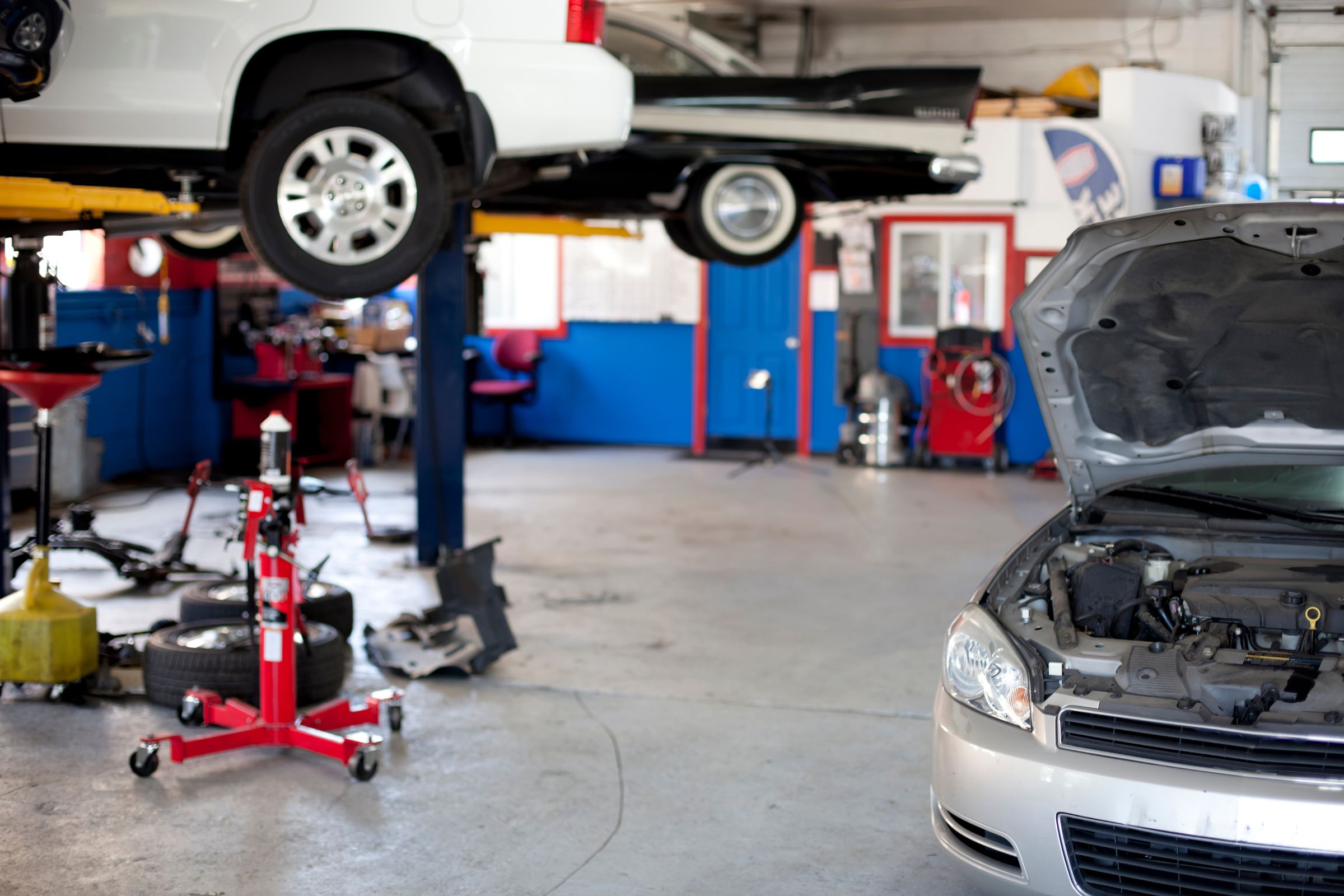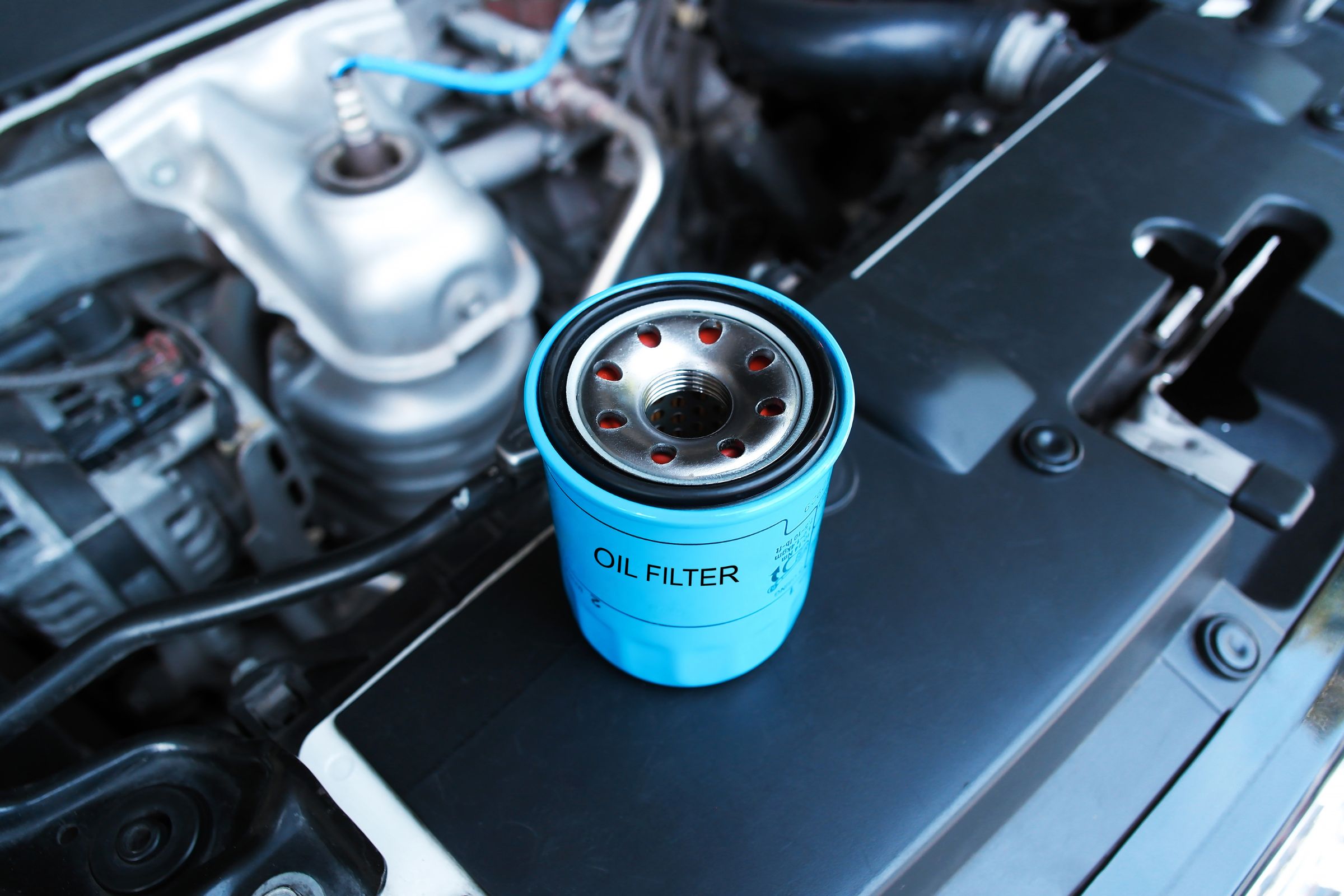Finding a trustworthy repair shop for your vehicle is more important than ever, especially with…

What Happens if You Don’t Change and Flush Your Brake Fluid
Brake fluid plays a crucial role in a vehicle’s braking system. It serves as the medium through which force is transferred from the brake pedal to the hydraulic brake components, such as the calipers and wheel cylinders. This allows for the effective application of pressure to the brake pads or shoes, resulting in the vehicle stopping. It is a key component in ensuring smooth and reliable brake performance. So you might be wondering what happens if you don’t regularly change and flush your brake fluid.
When brake fluid is not properly maintained, several problems can arise. To maintain and monitor the condition of brake fluid, regular checks and fluid flushes are essential. This helps to ensure that the fluid remains free from moisture and contamination. Additionally, any issues with the brake system should be addressed promptly to prevent degradation of the brake fluid and maintain optimal braking performance.
What Happens to Brake Fluid over Time?
Brake fluid, a hydraulic fluid used in the braking system, undergoes both chemical and physical changes over time. One of the primary factors that contribute to its degradation is moisture absorption. As brake fluid ages, it becomes hygroscopic, meaning it readily absorbs moisture from the air. This leads to a decrease in the fluid’s effectiveness as water lowers its boiling point, potentially causing brake fade during heavy braking.
Furthermore, the absorbed moisture can lead to corrosion within the braking system, damaging vital components such as the master cylinder, brake lines, and calipers. This can compromise the overall performance and safety of the braking system, increasing the risk of potential accidents.
Regular maintenance and changing of brake fluid are crucial to maintaining braking efficiency and preventing potential accidents. By replacing the fluid at recommended intervals, drivers can ensure the proper function of their braking system and prevent moisture-related damage. This is essential for ensuring the safety of both the vehicle and its occupants.
How Often Should I Change It?
The frequency of brake fluid changes depends on driving conditions, the manufacturer’s recommendations, and signs that it needs to be checked. For vehicles that are regularly driven in stop-and-go traffic or mountainous terrain, the brake fluid should be checked more frequently. It is important to follow the manufacturer’s recommendations for specific mileage intervals or time periods for changing the brake fluid. Signs that the brake fluid needs to be checked include a spongy brake pedal, a burning smell while driving, or a dashboard warning light. A general rule of thumb is to have the brake fluid checked and possibly changed every 20,000 miles or every two years.
Regular maintenance of brake fluid is important as it plays a crucial role in the braking system’s performance. Neglecting brake fluid maintenance can lead to issues such as brake fading, brake pedal failure, and corrosion and deterioration of brake components.
Consequences Of Not Changing The Fluid
Neglecting to change the brake fluid in your car can lead to several potential consequences. Over time, moisture can build up in the brake fluid, reducing its boiling point and causing brake fade. This can result in reduced braking effectiveness, potentially leading to dangerous situations on the road. Furthermore, the presence of moisture in the brake fluid can cause internal corrosion of various brake components, including the brake lines and calipers. This corrosion can compromise the structural integrity of these components, increasing the risk of brake system failure.
The dangers of not changing the brake fluid are significant. Reduced braking effectiveness and the potential for brake fade can have serious safety implications for both the driver and other road users. Additionally, the costs of repairing or replacing damaged brake components due to corrosion can be substantial, potentially involving the replacement of brake lines, calipers, and other related parts. Given these potential consequences, it is essential to adhere to the manufacturer’s recommended schedule for changing the brake fluid to maintain the safety and functionality of the brake system in your car.
Can You Change the Fluid Yourself, or Should You Have a Mechanic Do It?
Changing brake fluid yourself can be done, but it requires careful attention to detail and safety precautions. Start by identifying the correct type and rating of brake fluid for your vehicle, as using the wrong type can cause damage to your braking system. Common types include DOT 3, DOT 4, and DOT 5, each with its own specific properties and compatibility.
To start the DIY brake fluid change, gather the necessary tools and equipment, including a brake bleeding kit, and consult your vehicle’s manual for specific instructions. Before proceeding, take safety measures such as wearing gloves and eye protection, and ensuring the vehicle is on a level surface.
To dispose of the old brake fluid, never pour it down the drain or on the ground. Instead, collect it in a container and take it to a recycling center or auto parts store that accepts used fluids for proper disposal.
Handling brake fluid can pose risks to your skin and eyes, as well as the environment, so it’s important to take necessary precautions. If you’re not confident in performing the change yourself, it’s best to have a mechanic do it to ensure it’s done correctly and safely.
Frank’s Auto Repair is a reliable choice in New Jersey for professional auto repair and maintenance services. If your brake fluid needs to be flushed, you can rely on our experienced mechanics. Contact us at your earliest convenience to arrange an appointment.



